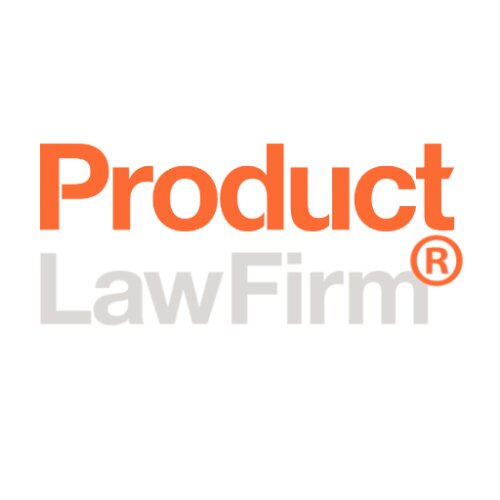Best Toxic Mold Lawyers in Paris
Share your needs with us, get contacted by law firms.
Free. Takes 2 min.
List of the best lawyers in Paris, France
About Toxic Mold Law in Paris, France
Paris, France, like many other cities, has laws and regulations in place to address issues related to toxic mold. Toxic mold can pose serious health risks and can lead to property damage. It is important to be aware of your rights and responsibilities when dealing with toxic mold in Paris.
Why You May Need a Lawyer
If you are dealing with a landlord who is ignoring your requests to address a toxic mold issue, or if you are facing health problems as a result of exposure to toxic mold, you may need a lawyer to help protect your rights. A lawyer can assist you in navigating the legal process and ensuring that your interests are represented.
Local Laws Overview
In Paris, landlords have a legal obligation to provide tenants with a safe and habitable living environment. This includes addressing any issues related to toxic mold in a timely manner. If a landlord fails to address a toxic mold issue, tenants may have legal recourse to seek compensation for damages or to have the issue resolved.
Frequently Asked Questions
1. What are the health risks associated with toxic mold?
Exposure to toxic mold can lead to respiratory problems, allergic reactions, and other health issues.
2. How can I determine if I have toxic mold in my property?
You may notice a musty smell, visual signs of mold growth, or experience health symptoms that could indicate the presence of toxic mold.
3. What are my rights as a tenant dealing with toxic mold?
As a tenant, you have the right to a safe and habitable living environment. Your landlord is responsible for addressing toxic mold issues in a timely manner.
4. Can I sue my landlord for not addressing a toxic mold issue?
You may have legal grounds to take action against your landlord if they fail to address a toxic mold issue in your property.
5. How can a lawyer help me with a toxic mold case?
A lawyer can advise you on your legal rights, help negotiate with your landlord, and represent you in court if necessary.
6. What evidence do I need to support a toxic mold case?
Evidence may include photographs of the mold, documentation of health symptoms, and any communications with your landlord about the issue.
7. How long do I have to take legal action for a toxic mold case?
The statute of limitations for toxic mold cases can vary, so it is important to seek legal advice promptly.
8. Can I be evicted for reporting a toxic mold issue?
It is illegal for a landlord to retaliate against a tenant for reporting a toxic mold issue. If you believe you are facing eviction in retaliation, seek legal advice.
9. Are there government agencies that can help with toxic mold issues?
Local health departments and housing authorities may be able to provide guidance on addressing toxic mold issues.
10. How much does it cost to hire a lawyer for a toxic mold case?
The cost of hiring a lawyer can vary depending on the complexity of the case. Some lawyers may offer free consultations or work on a contingency fee basis.
Additional Resources
Consider reaching out to the Paris Housing Authority or the Ministry of Health for resources and guidance on toxic mold issues in Paris, France.
Next Steps
If you believe you are dealing with a toxic mold issue and need legal assistance, consider consulting with a lawyer who specializes in this area of law. Keep records of any communications with your landlord and document any visible signs of mold in your property. Your lawyer can help you understand your legal rights and options for addressing the issue effectively.
Lawzana helps you find the best lawyers and law firms in Paris through a curated and pre-screened list of qualified legal professionals. Our platform offers rankings and detailed profiles of attorneys and law firms, allowing you to compare based on practice areas, including Toxic Mold, experience, and client feedback.
Each profile includes a description of the firm's areas of practice, client reviews, team members and partners, year of establishment, spoken languages, office locations, contact information, social media presence, and any published articles or resources. Most firms on our platform speak English and are experienced in both local and international legal matters.
Get a quote from top-rated law firms in Paris, France — quickly, securely, and without unnecessary hassle.
Disclaimer:
The information provided on this page is for general informational purposes only and does not constitute legal advice. While we strive to ensure the accuracy and relevance of the content, legal information may change over time, and interpretations of the law can vary. You should always consult with a qualified legal professional for advice specific to your situation.
We disclaim all liability for actions taken or not taken based on the content of this page. If you believe any information is incorrect or outdated, please contact us, and we will review and update it where appropriate.














